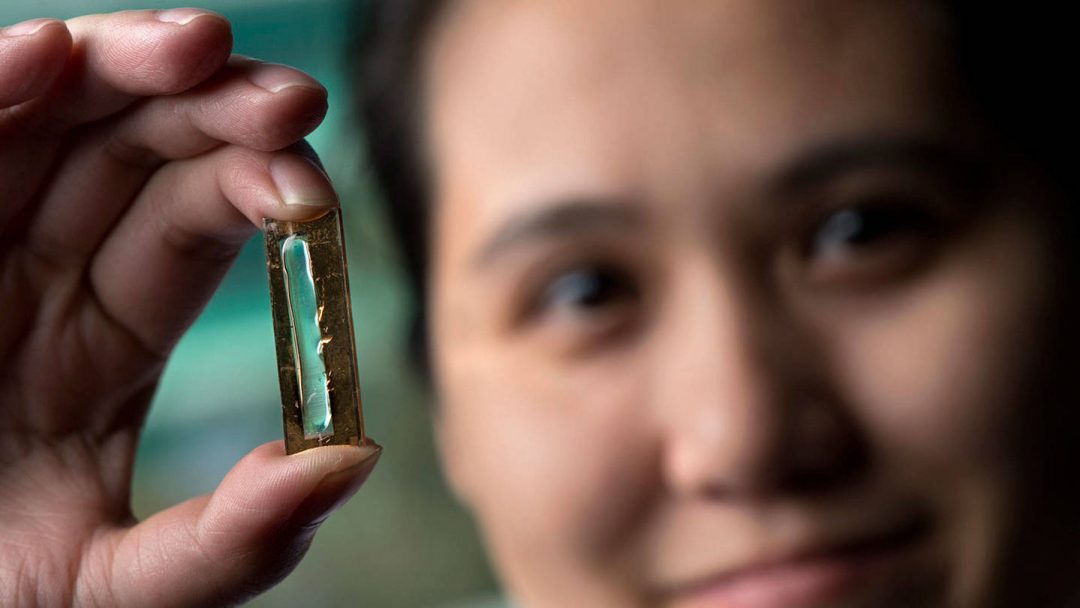Just like Newton discovered gravity while resting under a tree, University of California Irvine doctoral candidate Mya Le Thai stumbled upon a method to make the lithium-ion battery everlasting.
Since their introduction in the 1960’s, alkaline batteries was the main source of portable energy used in home electronics. Well into the 90’s, the alkaline batteries were used in everything. From the TV remote controller, to CD players and Game boys, the alkaline batteries were so heavily relied upon that it was hard to find a household that didn’t keep stock.
The way we use batteries changed in the early 90’s with the invention of the lithium-ion battery. The lithium-ion battery changed the way people use electronics. Before it, we had to run down to the store and buy a pack of batteries, which only lasted between few days to few hours. But the invention of the lithium-ion battery changed that. The fact that Li-ion batteries could be recharged up to several hundred times, put them in everything. Our phones, laptops, cameras and pretty much any other portable electronic device are powered by lithium-ion batteries.
But today the game changed again. By mere luck, University of California Irvine doctoral candidate Mya Le Thai discovered a method to make the rechargeable lithium-ion battery virtually rechargeable forever.
Thai was simply “playing around” in the lab, when she coated a set of gold nanowires in manganese dioxide and added a “Plexiglas-like” electrolyte gel. The outcome was a battery with possibility of being reused and recharged over 200,000 times.
The average lithium-ion battery can be recharged anywhere between 300 to 500 cycles. A cycle is when a completely full battery, is drained completely and then charged again. If we consider that the average lithium-ion batteries we use in our laptop and phones today last up to two years, then Thai’s battery can last up to 400 years.
If or when UCI finds a way to put these batteries into commercial use, we should all expect a electronics revolution right after.




